Apple's iPhone loss is Verizon and AT&T's gain, and carrier subsidies are to blame
This article may contain personal views and opinion from the author.
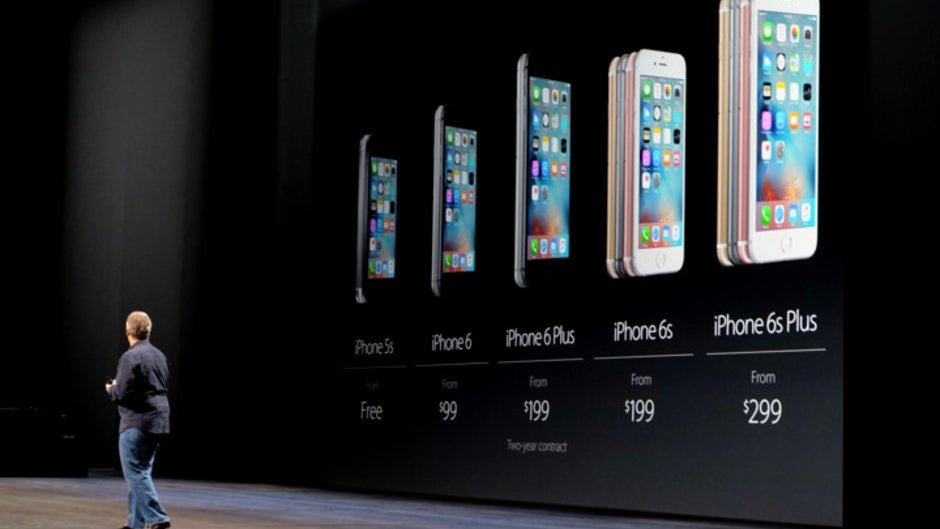
Those were the days, but users upgrading from an iPhone 6 to 7, are in for a sticker shock, admits Tim Cook.
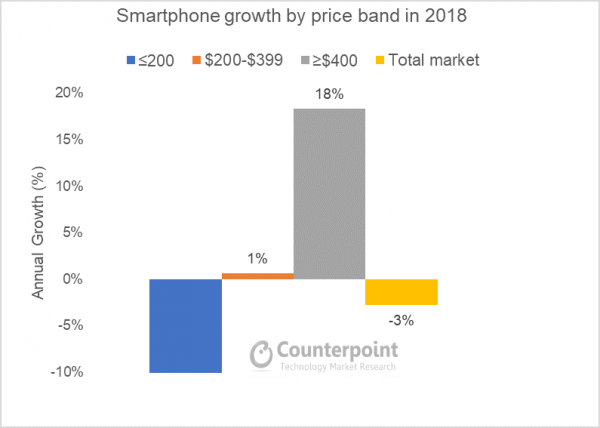
Still, the top revenue number was less than analysts expected at the beginning of this past quarter and in line with Apple's unprecedented sales warning earlier this month. The net income, on the other hand, while the second-highest on record in Apple's history, saw a big boost from lowering the effective tax rate Apple pays. It went from 26% a year ago, to 16.5% now, thanks to the Republican Tax Cuts and Jobs Act of 2017, adding more than $2 billion to Apple's profits to compensate for the drop in iPhone sales.
What caught our attention, though, is that Apple's CEO Tim Cook went way back to list the demise of US carrier subsidies as another reason for the tepid sales of Apple's bread-and-butter signature product.
If you’re a customer that your last purchase was a 6S or a 6 or in some cases even a 7, you may have paid 199 dollars for it, and now the unbundled world it’s obviously much more than that.
While that happened a few years back, he has a point, as, thanks to the low-cost battery swaps people are now clinging to their iPhones longer, and are in for a sticker shock when they see the new pricing.
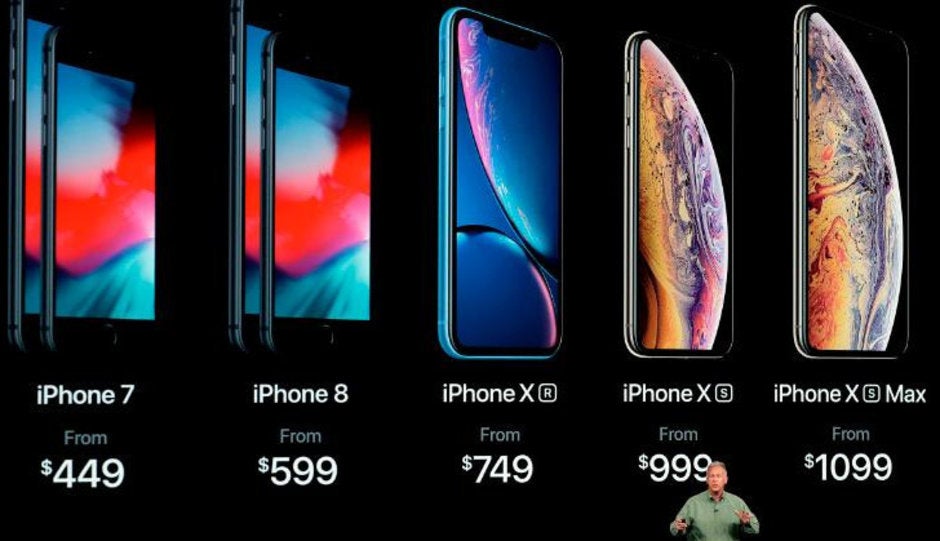
Folks with $199 iPhone 6,6s and even 7, woke up to these 2018 prices
Herein lies the crux of the matter. Throughout the most part of its existence as a product, the iPhone sales had a crutch in the form of carrier subsidies in its largest, most visible market of North America, but also in China and other places. It's no coincidence that the US is the country with the highest iOS adoption rate, where half of smartphone users are rocking iPhones. In markets where carriers aren't subsidizing iPhones, Android handsets have been decimating Apple's finest for a while now when it comes to market share.
We plotted the profit margins of the two largest US carriers - Verizon and AT&T - against Apple's sales to gauge if indeed some of the missed profit opportunities for the iPhone maker went straight into carriers' pockets.
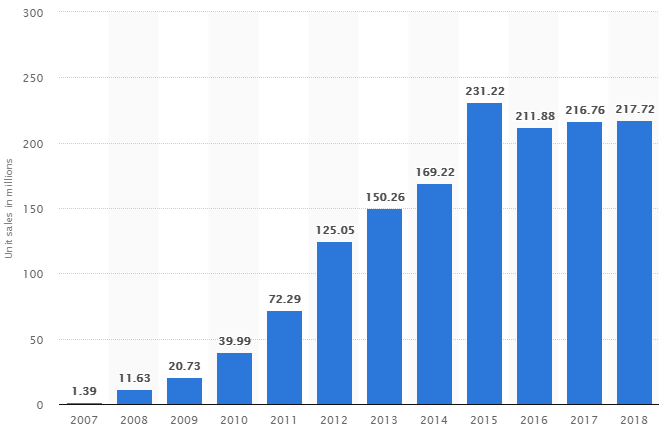
Ever since US and other carriers removed subsidies, iPhone sales have remained mostly flat, this Statista chart shows
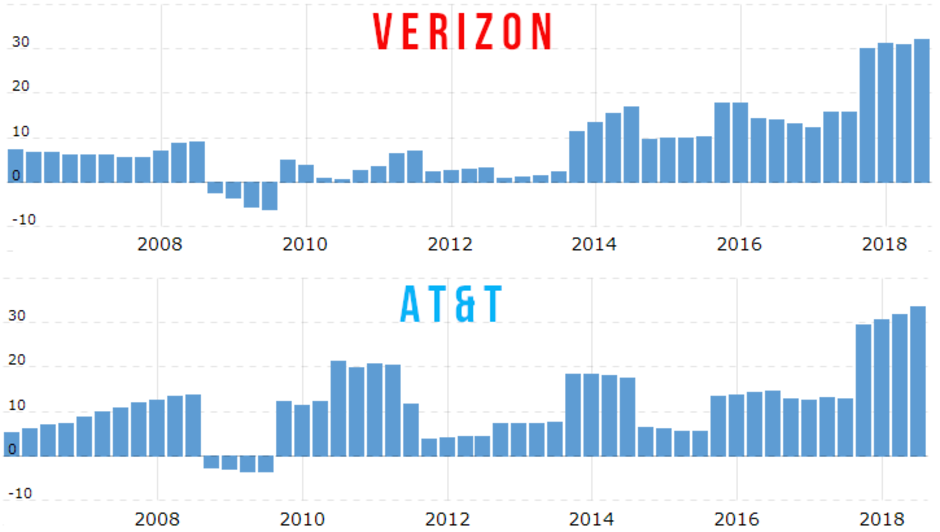
All the while Verizon and AT&T's profits shot up significantly
The biggest Chinese carriers also started scaling on their iPhone subsidies way back in 2015, and the resulting switch to local value-for-money Android brands wasn't far behind. As usual in the local command economy, it was a mandated effort to favor domestic products, thinly veiled as a government request that Chinese carriers cut their marketing budgets by 20%.
Beijing knew that would mean demolishing expensive phone subsidies given to the likes of Apple and Samsung's S- or Note lines. Before the move, $500+ handsets like the iPhone held 27% market share in China, and now Samsung's market share is almost non-existent there, while Apple's is greatly diminished, despite the iPhone being a status symbol in Asia.
When carrier subsidies go, the iPhone goes, it seems, and Apple has little recourse to offset that but actually lowering iPhone prices, which it seems to be perfectly aware of, and is currently doing in China and other places, under the guise of "currency fluctuation adjustments."
When carrier subsidies go, the iPhone goes, it seems, and Apple has little recourse to offset that but actually lowering iPhone prices, which it seems to be perfectly aware of, and is currently doing in China and other places, under the guise of "currency fluctuation adjustments."
Follow us on Google News





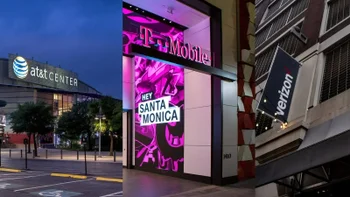

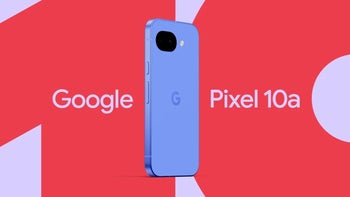
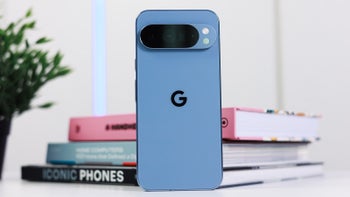
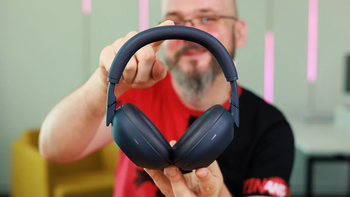
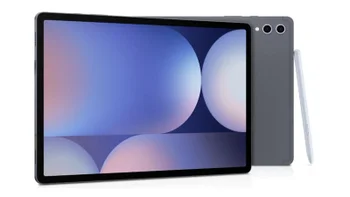
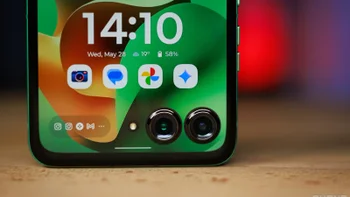
Things that are NOT allowed:
To help keep our community safe and free from spam, we apply temporary limits to newly created accounts: